The importance of being neighbourly
India is subtly adding four new elements in the policy matrix
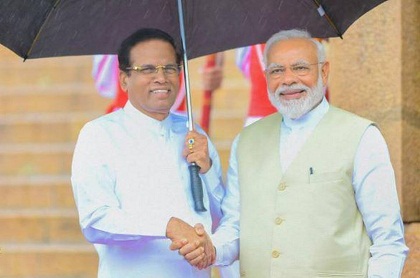 Courtesy: Twitter/@MaithripalaS
Courtesy: Twitter/@MaithripalaS
India is subtly adding four new elements in the policy matrix
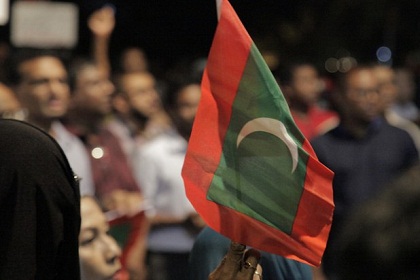 Courtesy: Dying Regime / Flickr
Courtesy: Dying Regime / Flickr
Maldives’ new president, Ibrahim Solih, has had two election wins in a span of six months – his own in September 2018 and his Maldivian Democratic Party’s landslide victory in the Majlis elections about three weeks ago. An analysis of what this win says about democratic politics in Maldives, improved relations with India and the complex equation it shares with China
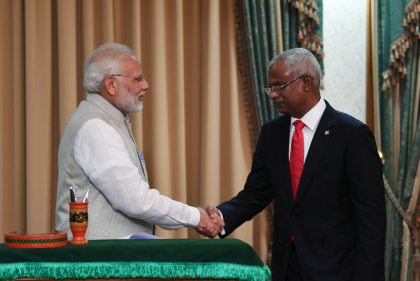 Courtesy: MEA Flickr
Courtesy: MEA Flickr
Maldives president Mohamed Solih comes to India this week, fresh from his election win and with a host of good intentions. His aim is to recast the bilateral and restore balance in Maldives’ external relations after the previous president’s China-centric leanings. Such a reversal may not emerge instantly
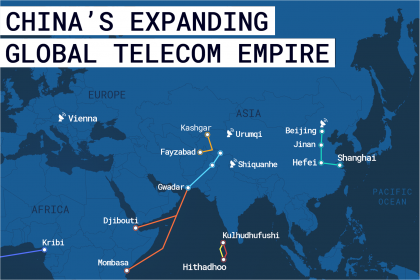 Courtesy: Gateway House
Courtesy: Gateway House
China is steadily deploying state-of-the-art communications systems to connect its strategic and economic assets in Asia. It is then linkingthe Asian mainland to Africa, and Africa to South America. The investment spree is rapidly making Beijing a major player in global telecommunications – and ‘informationisation warfare’.
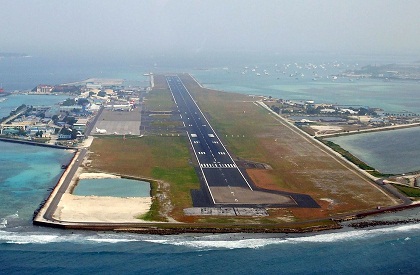 Courtesy: Wikipedia
Courtesy: Wikipedia
The recent crisis in the Maldives is a pertinent time to revisit an old case, highlighting the political uncertainties in the island nation due to growing Chinese influence and its impact on businesses and investors
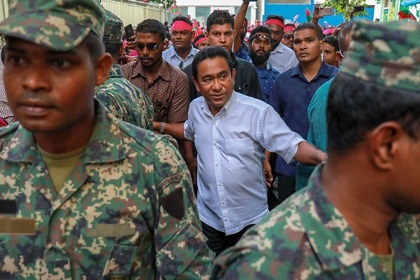 Courtesy: New York Times
Courtesy: New York Times
The crisis in the Maldives is a case study of Chinese investments undermining democratic institutions in smaller countries. It poses long term threats to India’s economic and political security. And almost overnight, it has turned the Indian Ocean into the Indo-Pacific
 Courtesy: MEA/Flickr
Courtesy: MEA/Flickr
Regional groupings in South Asia have turned out to be like diligent pupils whose report cards show performance below par. The reasons for such an impasse range from political divergences to the economic downturn and the much talked about China factor that has many implications for India
 Courtesy: Selvaraja Rajasegar
Courtesy: Selvaraja Rajasegar
Yameen Rasheed (1988-2017), Gateway House contributor, blogger and activist, was always full of sharp insights about his country’s politics
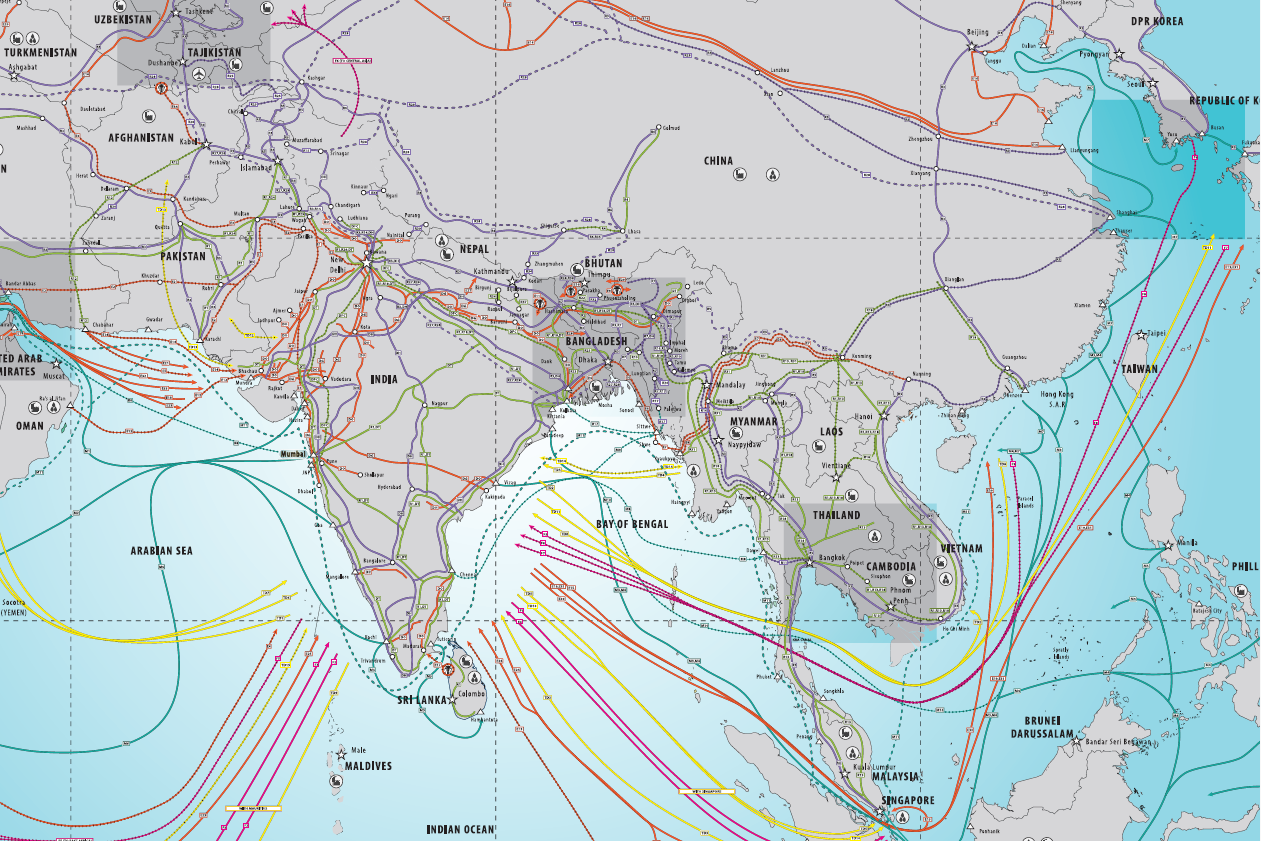 Courtesy: Gateway House
Courtesy: Gateway House
India’s global economic engagement, especially with the developing world, has increased in the last two decades, but trade with South Asia has remained low. It holds the potential for building greater productivity and more inclusive growth in India and the region
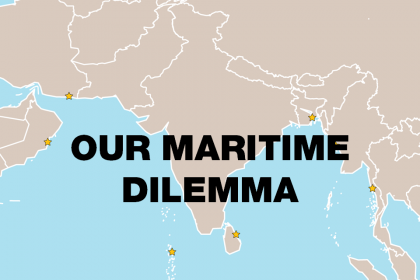 Courtesy:
Courtesy:
After decades of passivity, India is beginning to assert itself in the maritime arena. There is a whiff of salt in the usually 'sea-blind' corridors of Delhi, where the Modi government clearly sees the linkage between the possession of maritime wherewithal, both civilian and military, and the furthering of national prosperity, through ever-increasing trade.